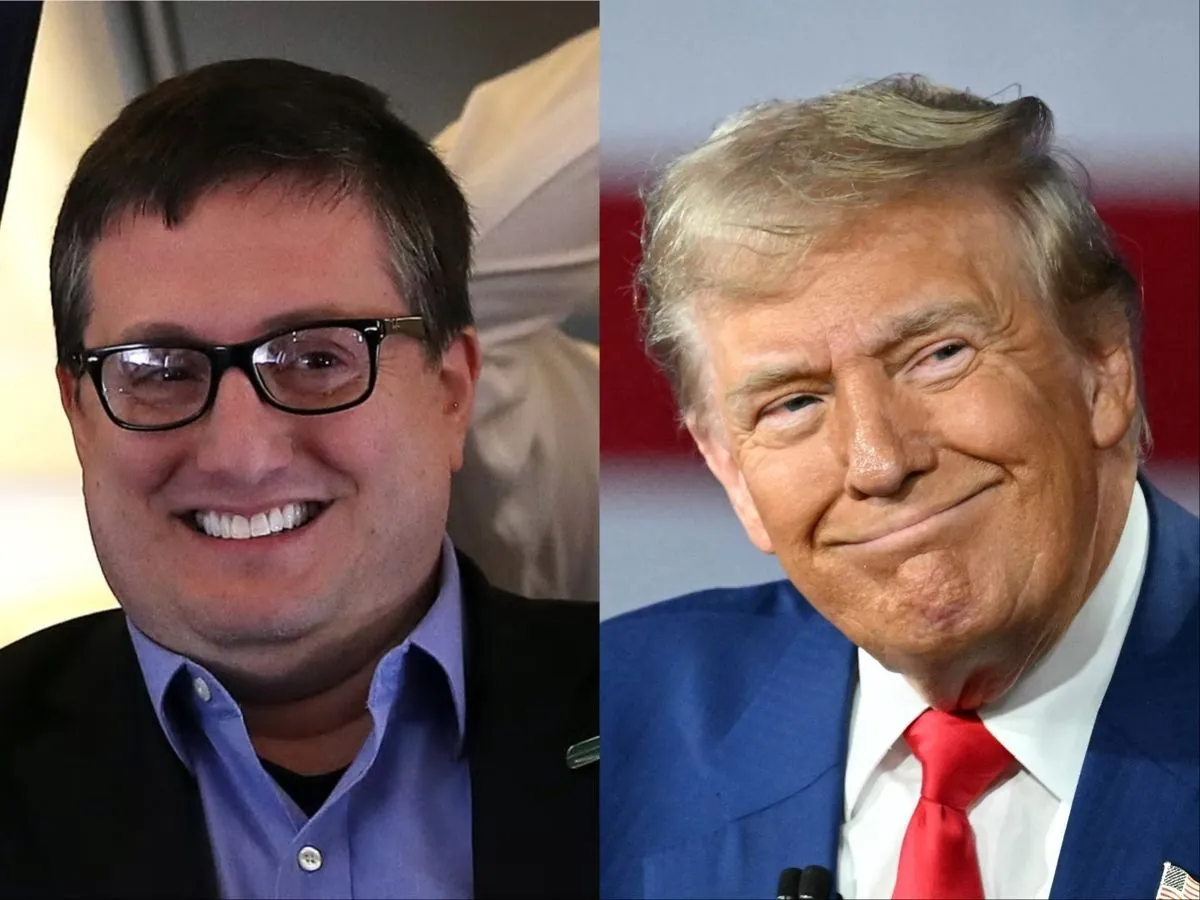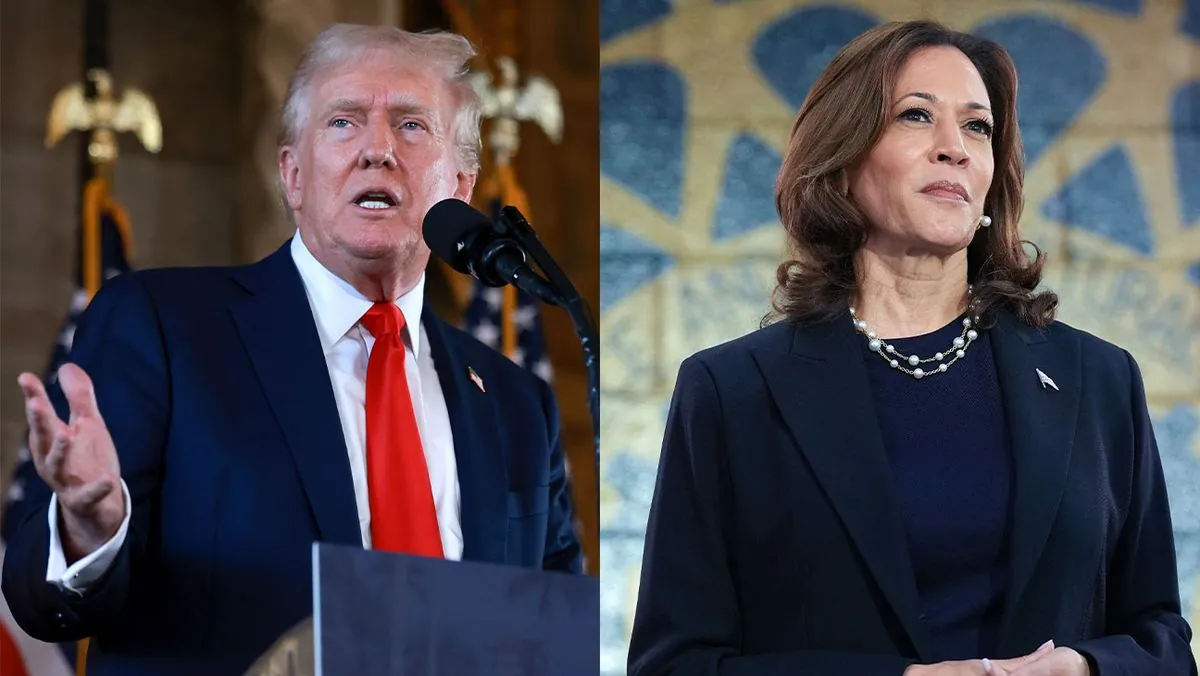Trump and Harris Gear Up for Debate: Social Media Takes Center Stage
As Trump and Harris prepare for their upcoming debate, campaigns focus on social media strategies. Both sides plan to leverage platforms for fact-checking and viral content distribution.

As the United States approaches a pivotal moment in its political landscape, Donald Trump and Vice President Kamala Harris are set to face off in a highly anticipated debate on September 12, 2024. While millions of Americans prepare to tune in via traditional television broadcasts, a parallel battle is unfolding in the digital realm, marking a significant shift in campaign strategies.
Social media platforms have become integral to modern political campaigns, a trend that has intensified since the first use of these tools in Howard Dean's 2004 presidential run. Both the Republican and Democratic parties have embraced this digital-first approach, enlisting content creators and influencers to disseminate information about their policies and candidates.
The campaigns of Trump and Harris are actively preparing for the debate's social media aftermath. Their teams are poised to create and distribute memes, video edits, and other shareable content across various platforms. This strategy reflects the evolution of political messaging since the first televised presidential debate between Kennedy and Nixon in 1960.
On the platform formerly known as Twitter, now X, the official Kamala HQ account, with its 1.3 million followers, has already begun pre-emptive fact-checking. They've shared a video highlighting what they claim are potential falsehoods Trump might present during the debate. Conversely, the Team Trump account, boasting 2.4 million followers, has adopted a more provocative tone, posting a video of Trump stating, "We do a little trolling."

In terms of social media performance, Trump currently leads in follower count on X and TikTok. However, Harris's campaign has garnered over 100 million "likes" on TikTok, compared to Trump's 44 million. This disparity highlights the complex nature of social media engagement in political campaigns.
The debate strategies extend beyond mere online presence. Harris's team reportedly plans to provoke Trump into making statements that could become viral social media clips. Both campaigns have committed to real-time fact-checking during the debate, a practice that has gained prominence since the emergence of dedicated fact-checking organizations in the 2000s.
"Republicans are spreading dangerous false claims about Haitian immigrants on social media."
This statement from the White House addresses a recent controversy involving false accusations about Haitian immigrants, highlighting the ongoing challenges of misinformation in the digital age.
As the debate approaches, it's clear that social media will play a crucial role in shaping public perception and discourse. The strategies employed by both campaigns reflect the evolving nature of political communication in the digital era, a far cry from the first presidential campaign website created for Bob Dole in 1996.


































